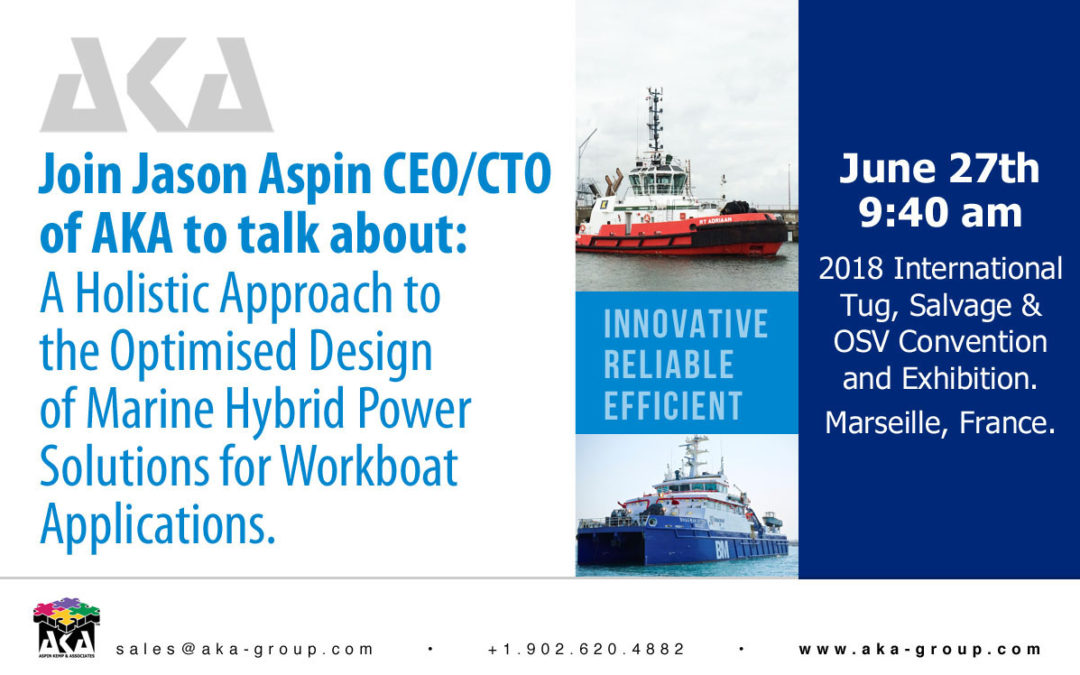The Synopsis of the paper is as follows:
Marine hybrid propulsion plants were seen as pure technology demonstrators a decade ago. Today, in the wake of the trend taking hold in the automotive industry, hybrid systems are proving themselves theoretically superior to traditional marine propulsion trains with regard to operational expenditure (Opex). However, a breakthrough has not yet taken place, mainly due to higher capital expenditure (Capex) and a perceived high risk in certification, installation and operation.
Taking up those challenges in a holistic approach, this paper presents the inherent flexibility and the innovative payload hybrid systems can bring to workboat applications. We show that hybrid systems are not just making current operations more effective and efficient, but are giving access to more sophisticated capabilities, paving the way for new modes of operation with a similar Capex to traditional arrangements. Such a holistic view requires a wide-ranging approach to system design, based on a synergy of highly specialised products and competences. Thus, merging together the engineering expertise of three industry-leading system providers, a practical example of such a holistic hybrid design is given, highlighting how it can be used to:
• assess different vessel capabilities in regards to both Capex and Opex
• improve load response capabilities and extend the reliability of a vessel, therefore guaranteeing operational safety
• tailor the design to specific operational requirements, paving the way for new modes of operation.

